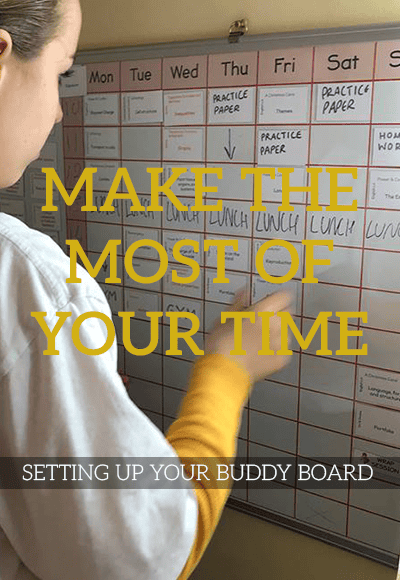
Is Your Teen Overwhelmed? The Science of Cognitive Load Theory and Revision
Discover how Cognitive Load Theory affects your teen’s ability to study. Learn why a “full brain” leads to procrastination and how The Study Buddy helps

The Importance of a Routine for School Children
Routines are essential for everyone, but they are especially important for school children and teens. A straightforward, consistent routine can help them feel more organised, prepared, and in control of their lives. It helph them to sleep better, eat healthier, and manage their stress levels. Not to mention a positive impact on our stress levels!
If you want to help your child establish a routine, here are a few tips:
Establishing a routine can be a challenge, but it’s worth it for the benefits it can offer. With only a little effort, a well-embedded routine can make all the difference to how well your child achieves.
Here are some additional tips for creating a routine for school children:
Why not check out our range of planning tools which can help you to map out the coming week in an engaging and easy-to-follow way.
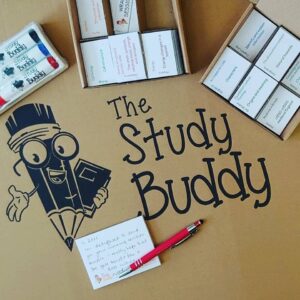


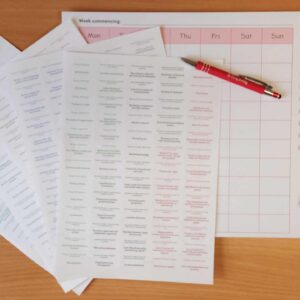
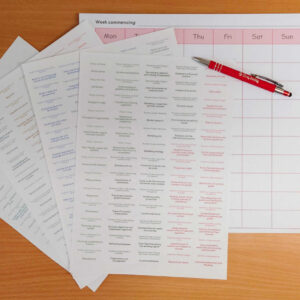
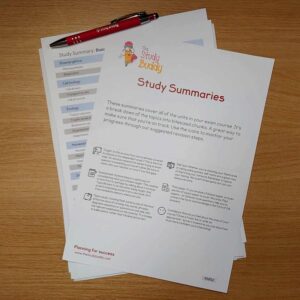
Our GCSE Special bundle is everything you need to get going quickly and easily.

Discover how Cognitive Load Theory affects your teen’s ability to study. Learn why a “full brain” leads to procrastination and how The Study Buddy helps

Driving their studies or just along for the ride? As the new term kicks off, many students find themselves idling in neutral or coasting as

For parents of teens, “Get it done!” often feels like the daily battle cry, but in the context of The Study Buddy, we can pivot
An offer code will be sent to you. By subscribing to our newsletter you agree to our Terms and Conditions and Privacy Policy. You can unsubscribe at any time.
Thank you for signing up! Check your inbox soon for special offers from us.
In the meantime, you can use the code Welcome5

